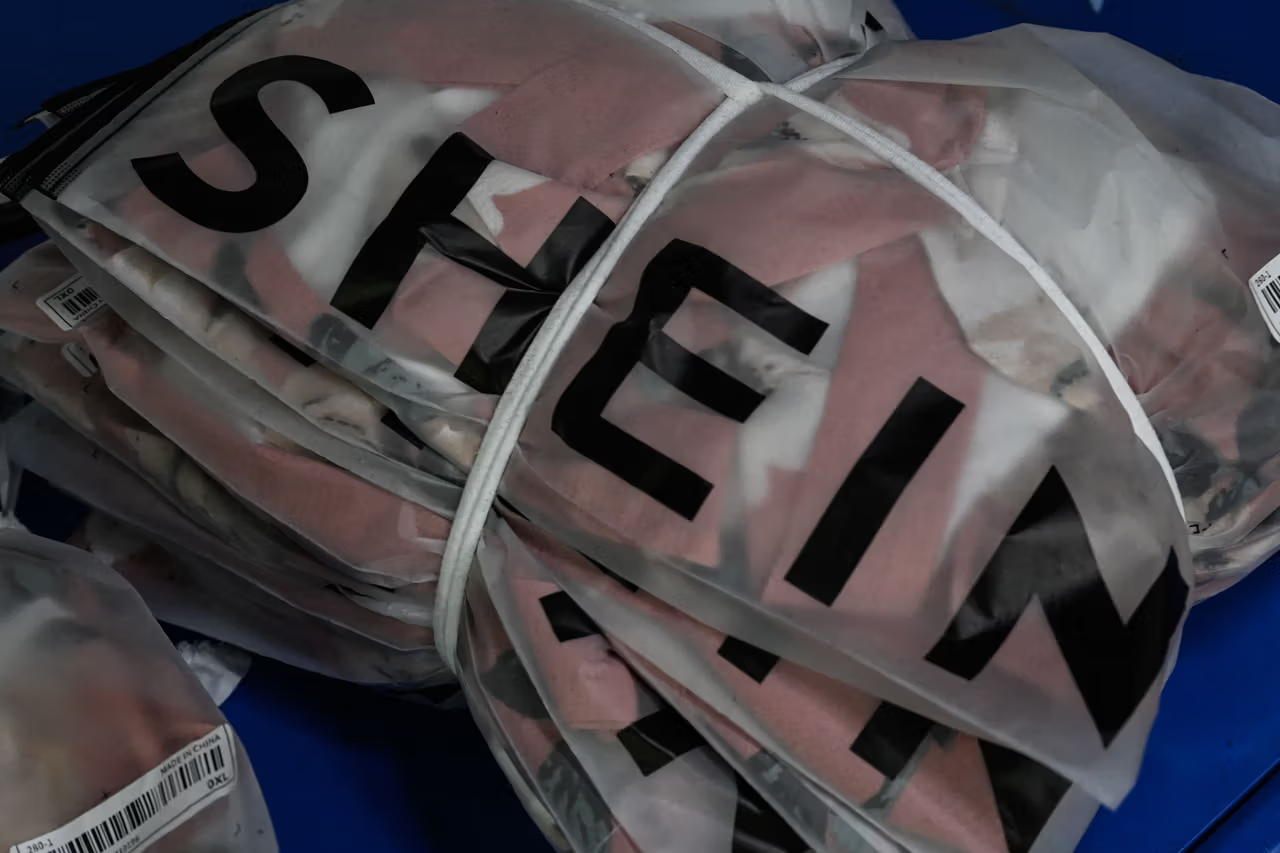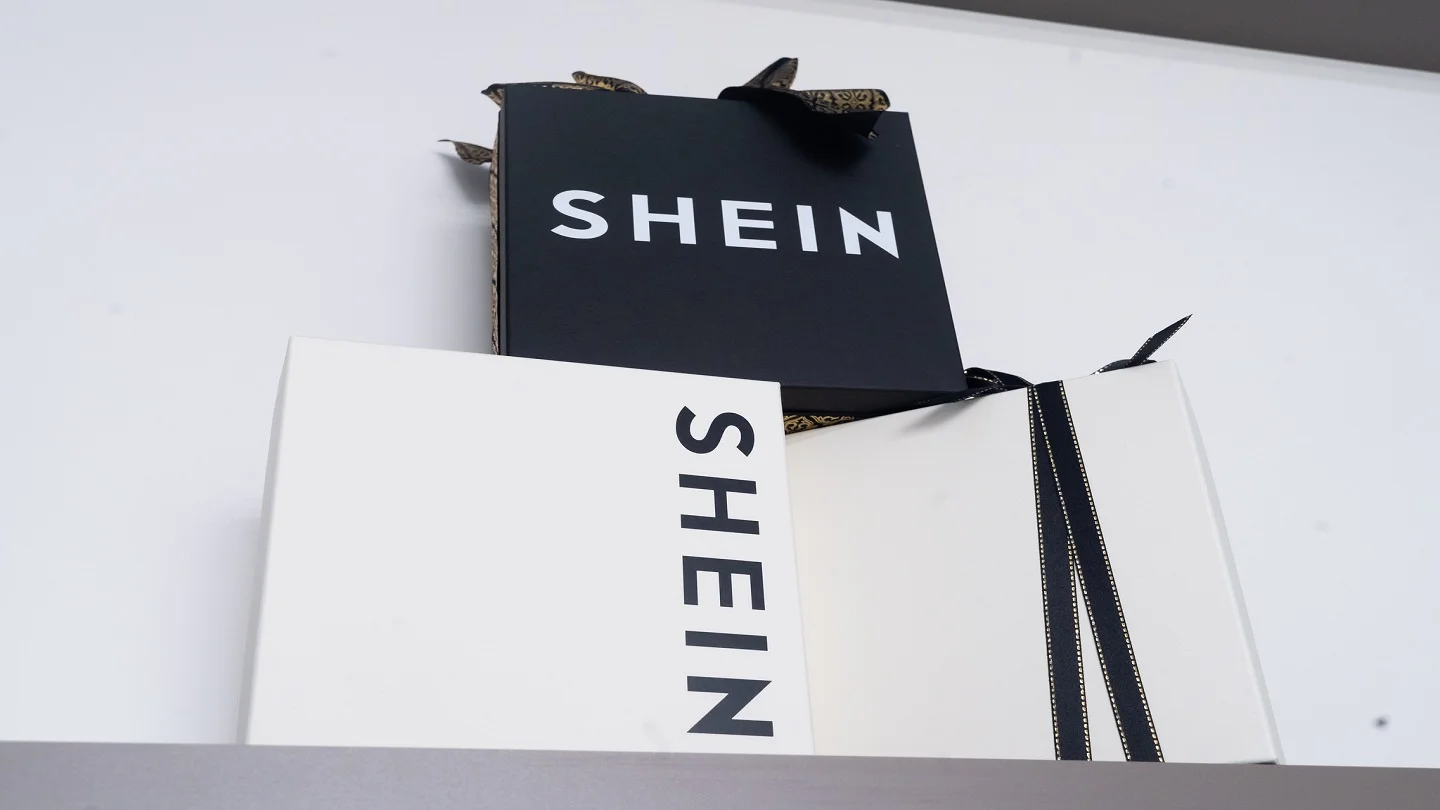Shein, a popular online retailer known for its trendy and affordable clothing, faces a new lawsuit alleging “egregious” copyright infringement that amounts to racketeering.
Filed in California federal court on Tuesday, the complaint represents three designers who were “surprised” and “outraged” to find their products replicated and sold by the Chinese fast-fashion company.
The lawsuit claims that the reproduced items were not mere imitations but “truly exact copies of copyrightable graphic design” sold by Shein.
The company is accused of engaging in a continuous pattern of copyright infringement as part of its strategy to produce 6,000 new items daily for its vast customer base.
This pattern of behavior is alleged to constitute a violation of the Racketeer Influenced and Corrupt Organizations Act (RICO).
“Shein has grown rich by committing individual infringements repeatedly, as part of a long and continuous pattern of racketeering, which shows no sign of abating,” the lawsuit asserts.
According to the lawsuit, Shein is the largest fashion retailer globally, with annual sales nearing $30 billion, surpassing both H&M and Zara combined.
A company representative informed CBS MoneyWatch that Shein does not comment on pending litigation.
This lawsuit adds to Shein’s ongoing troubles. In May, a bipartisan group of lawmakers requested the Securities and Exchange Commission to halt Shein’s initial public offering until it could be confirmed that the company does not use forced labor from China’s predominantly Muslim Uyghur population.
Susan Scafidi, founder and director of the Fashion Law Institute at Fordham University, told CBS News, “Shein has also been accused of other labor violations related to sweatshops and wage theft in China…and we don’t want to be a party to that.”
Krista Perry, one of the designers suing Shein, discovered her “Make It Fun” graphic poster being sold on Shein and its sister site, Romwe.com.
Perry described the unauthorized replication as “incredibly disheartening, insulting, and downright evil” and expressed frustration at Shein’s response, which was an offer of $500.

“Shein made its offer as if it were a mom-and-pop operation rather than one of the richest enterprises in the world,” the lawsuit claims.
The lawsuit alleges that Perry has suffered significant damage to her business, including loss of trade, reduced profits, and a diminished reputation.
The suit claims Shein’s typical response to copyright infringement accusations is to assert low sales and blame third-party organizations for the theft.
“Shein will also offer an apology and a vague explanation, making it seem as if this was an anomaly,” the lawsuit states. “Most often, the designer’s counsel will accept the offer or negotiate for a bit more.”
Two other designers, Jay Baron from Burbank, California, and Larissa Blintz from Los Angeles, also claim that their designs were precisely copied by Shein. Baron’s “Trying My Best” artwork and Blintz’s “Orange Daisies” clothing were allegedly replicated by the retailer.
The lawsuit notes that Shein’s decentralized and complex structure makes legal pursuit challenging. “Shein is a loose and ever-changing association of entities and individuals,” the lawsuit states.
Designers without legal representation “face an utter brick wall,” and even those with attorneys can struggle to find an appropriate defendant. Consequently, the plaintiffs are alleging a violation of the RICO Act, which addresses misconduct within larger enterprises.
Shein was founded in 2012 by Chinese entrepreneur Chris Xu, also known as Xu Yangtian, who is valued at over $10 billion by Forbes. However, details about him remain sparse, with varying reports about his background.
The Racketeer Influenced and Corrupt Organizations Act of 1970 was designed to combat organized crime’s exploitation of legal businesses.
While often associated with criminal organizations, the RICO Act also applies to white-collar crimes, including commercial fraud. “It is well established that egregious copyright infringement, such as that alleged against Shein, constitutes racketeering,” the lawsuit claims.
A recent Congressional report sharply criticized Shein and another Chinese retailer, Temu, as part of an ongoing investigation into products potentially made with forced labor in China.
The committee sent letters to Nike, Adidas, Shein, and Temu, requesting information on compliance with anti-forced labor laws.
Shein responded by stating that the company adheres to customs and import laws in its operating countries and has a “zero tolerance” policy for forced labor, along with a robust system to ensure compliance with U.S. law.






Leave a Reply